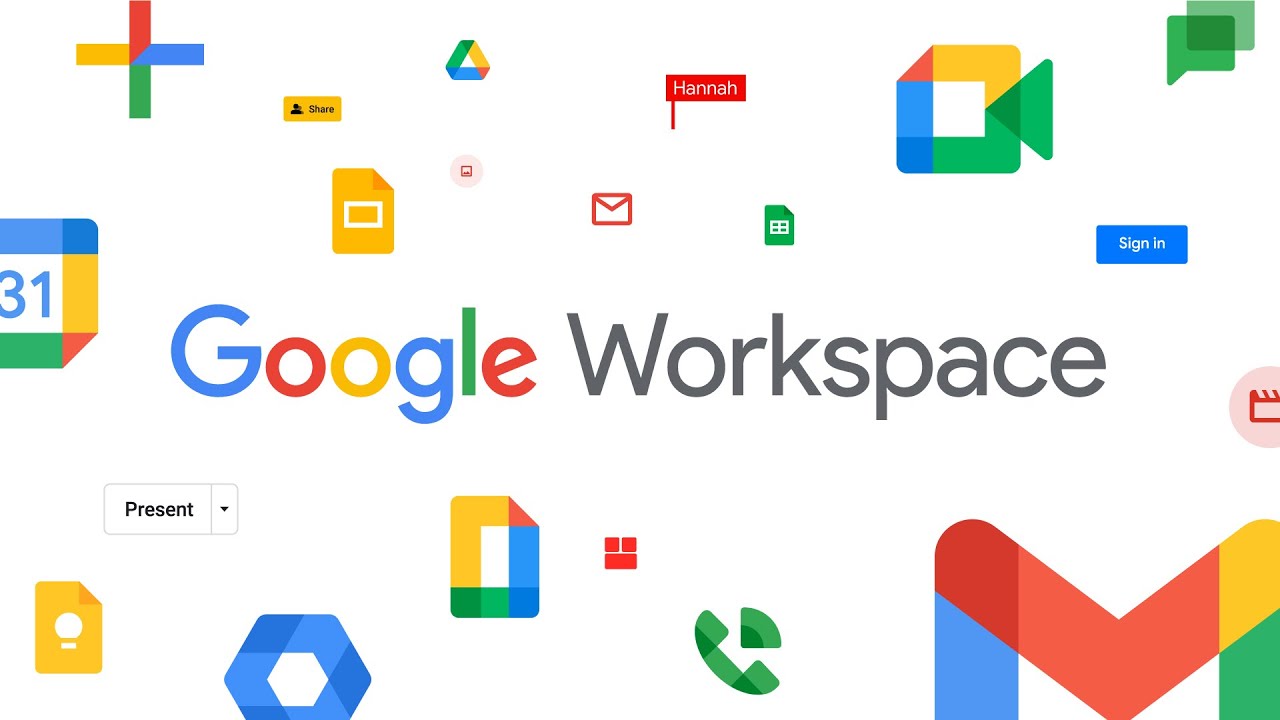Google Workspace really wants you to tell your team where you are
New change to Google Calendar could be mandatory

Sign up for breaking news, reviews, opinion, top tech deals, and more.
You are now subscribed
Your newsletter sign-up was successful
Google Workspace has announced a new tool that will allow organizations to encourage, or even require, that employees provide their working locations and hours.
The Working Location setting, which adds a customizable banner to Google Calendar containing a user’s status, has already been available to the online collaboration tools enterprise users at their own discretion.
In a blog post announcing the news, Google claims that by giving IT admins the ability to increase the usage of Working Location, teams will be better placed to plan meetings across virtual and in-person settings for additional safety and convenience.
Hybrid working convenience
Much like the recent announcement of Microsoft Places, Google believes that supporting hybrid working environments is necessary as organizations live through the Covid-19 pandemic.
It also claims that giving IT admins the ability to control Working Location usage will better educate users about enhancements that have come to the banner over the last few months. These have included additional location context for RSVPing to events in Calendar, and location support for specific buildings and rooms.
In July 2022, Google turned Working Locations on by default, without users having to manually enable the feature in their Calendar settings.
Some workers might take issue with Google essentially moving to mandate how organizations are run, and infringe on their privacy at work.
Sign up to the TechRadar Pro newsletter to get all the top news, opinion, features and guidance your business needs to succeed!
As a counterpoint, then, know that IT admins will also continue to have the ability to disable the Working Location banner, and the new tool for admins will also disable the feature by default.
The admin tool for Google Calendar’s Working Location banner will only be available on a select few price plans, and won’t be available to users with personal Google accounts.
- Here’s our list of the best video conferencing software right now

Luke Hughes holds the role of Staff Writer at TechRadar Pro, producing news, features and deals content across topics ranging from computing to cloud services, cybersecurity, data privacy and business software.